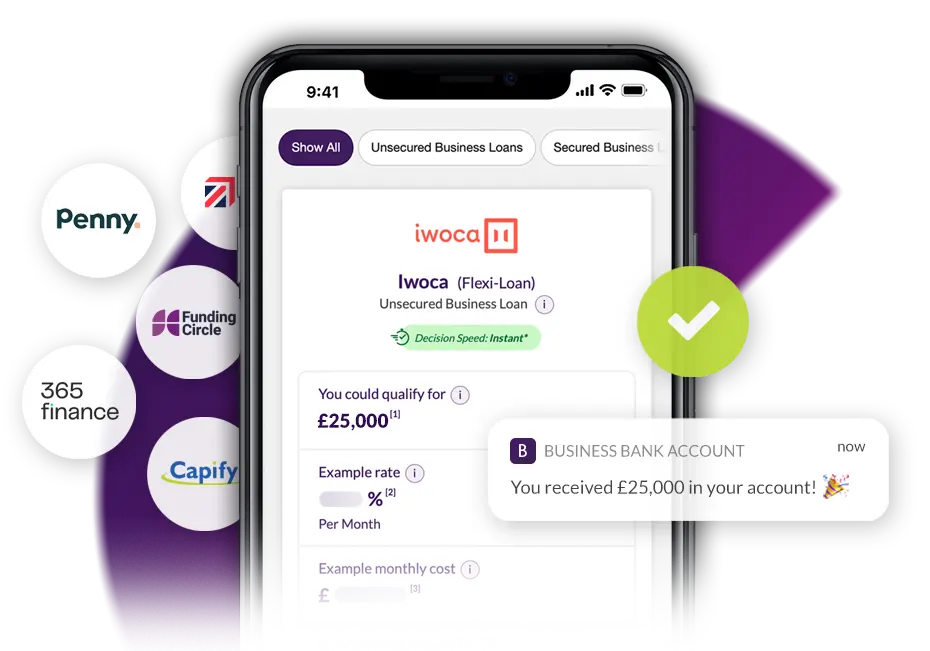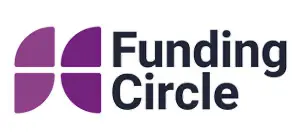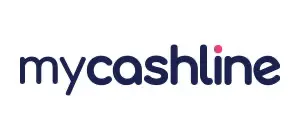Joint Venture Property Development Finance
If you don’t have the working capital to put into your property development project, joint venture finance can help you fund 100% of your project.
- Compare a wide range of lenders and rates
- Check your eligibility in minutes
- Find out how much you could borrow
It's fast, free and won't affect your credit score
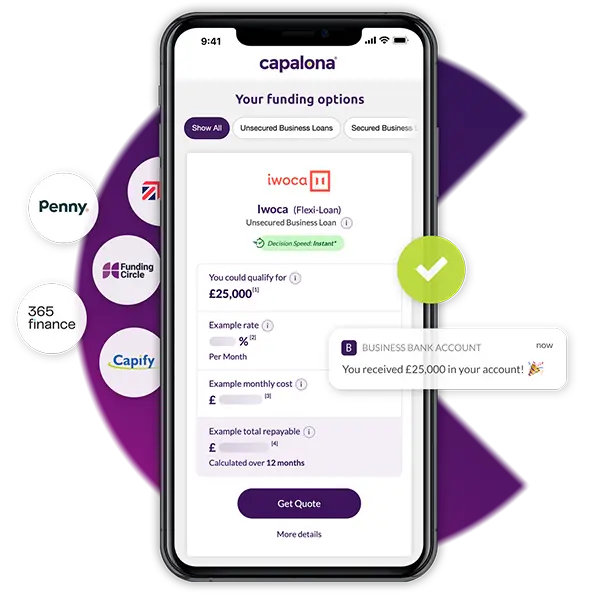

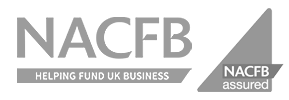




- What is joint venture development finance?
- How does JV development finance work?
- The benefits of joint venture finance for developers
- The disadvantages of joint venture finance
- Who can apply for joint venture property finance?
- Alternatives to joint venture property development finance
- Why use Capalona to find property finance?
What is joint venture development finance?
Joint venture finance is a type of property finance for experienced property developers. The developer, with a proven track record of delivering successful multi-unit residential projects, partners with a joint venture (JV) lender to access 100% of the funds required to complete the project.
This financial arrangement means the developer isn’t held up by a lack of funds, and the project can start quickly.
How does JV development finance work?
In this financial agreement, a Special Purpose Vehicle (SPV) is created; this is a separate legal entity to lessen financial risk to the parent company. The SPV helps structure the joint venture agreement so that it can continue operating if the parent company goes bankrupt.
Once the funds are given to the developer, the developer is expected to deliver the project on time and within budget, and the JV lender will usually take 50% of the scheme profits at the end of the project.
The lender will charge the developer interest on the money drawn down.

The benefits of joint venture finance for developers
There are plenty of benefits to JV finance; here are three:
- 100% funding. The JV lender funds your build costs completely; this means there are no financial barriers holding you back from starting your project.
- Keep personal cash reserves untouched. By using the finance to fund your project entirely, you don’t have to dip into working capital.
- Extra support. The JV partner can offer expert advice throughout the project, which can be invaluable, adding to the profitability of your project.
The disadvantages of joint venture finance
As with any finance, JV finance has some potential risks and drawbacks you should be aware of.
- Signing a personal guarantee. Most JV lenders will expect applicants to sign a personal guarantee. This means if you can’t repay the funds lent to you, you’ll be personally liable to repay the loan in full.
- Shared profits. As the developer, you won’t receive all the profits from your project; some will go to the JV partner.
- Interest fees. Although you can roll up the interest with JV finance (meaning you don’t have to repay anything until the loan term ends), interest rates are still relatively high, ranging from 6% up to 16% depending on the loan size and project risk.
Who can apply for joint venture property finance?
Lenders look for experienced property developers with a track record of successfully managing and completing multi-unit, new build, or conversion schemes. Although applications are assessed on a case-by-case basis, some additional criteria can include:
- Robust exit strategy
- Good business plan
- History of completing projects within budget and on time
- Full planning permission
Alternatives to joint venture property development finance
If you don’t think JV finance is the best way to fund your property project, there are plenty of alternatives:
Business loan
Business loans can be secured or unsecured. So if you have a commercial asset to secure the loan with, you can access more competitively charged interest rates, longer loan terms and large loan amounts. Unsecured loans, however, are quicker to obtain — you can have the funds in your account within a matter of days (usually within 48 hours).
Auction finance
When buying property or land at auction, the buyer only has 28 days to complete the purchase, making it a pretty tight turnaround to secure a mortgage. In these instances, auction finance can help secure the property quickly, with funds usually available within just 24 hours. This short-term finance solution removes all financial pressures when buying at auction.
Mezzanine finance
Mezzanine finance is a type of property development finance that is popular with property developers who can’t quite raise all the funds needed to purchase or develop a property. Mezzanine is like a top-up loan you can take out for the remaining capital needed for your project. Note if you can’t repay the loan, the debt turns into equity for the lender.
Private investors
Although finding and securing investment can take much longer than applying for traditional finance, it’s worth noting that investors can give you so much more than financial aid. Angel investors bring years of industry experience, a contact list of useful connections and valuable strategic advice. These people are already successful business owners themselves, so they can become a huge asset to your business.
Why use Capalona to find property finance?
Our loan comparison tool is a self-serve platform completely free of charge. Simply input your details — what you’re looking to borrow, the reason for borrowing and more, and watch our tool instantly match you with eligible lenders.
Scroll through our list of UK lenders, expand each section to read more about their offer, and, if you’re interested, you can continue with your application by clicking through to their website.
Ready? Get your free quote today.
Adrian T
5/5
Amazingly fast, efficient service, minimal paperwork. So much faster than my business bank of twelve years.


